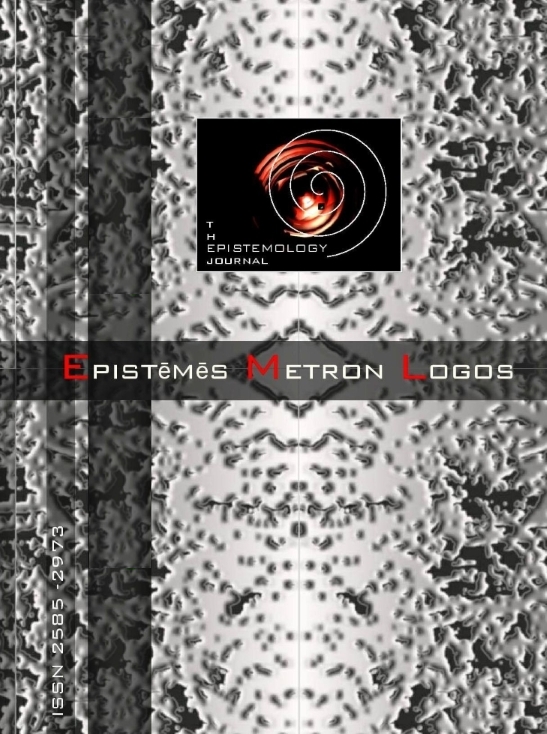The role of expression in the emergence of cultural forms and symbolic types
Abstract
This study explores the correlation between historical events and their emergence as singular expressions of a society or culture. When reliable sources permit an understanding of such moments as manifestations of universal volitions—namely, moral will—they offer a framework for interpreting both the modalities of their emergence and their relation to historical phenomena. The analysis focuses on cultural forms and symbolic types, examined as constituent elements within broader cultural systems. Simultaneously, attention is directed toward the symbolic environments in which these forms were constituted and through which they emerged. These environments will be approached through the epistemic categories of theoretical and practical knowledge. Particular emphasis will be placed on the role of aesthetic supervision as the primary level of theoretical cognition, preceding logical operations and intersecting with practical reason, individual volition, and ethical orientation.
Article Details
- Zitationsvorschlag
-
Dacrotsis, D. (2023). The role of expression in the emergence of cultural forms and symbolic types. Epistēmēs Metron Logos, (9), 24–28. https://doi.org/10.12681/eml.41006
- Ausgabe
- Nr. 9 (2023): Issue 9 2023
- Rubrik
- Publishing partner

Dieses Werk steht unter der Lizenz Creative Commons Namensnennung - Nicht-kommerziell 4.0 International.
Authors who publish with this journal agree to the following terms:
Authors retain copyright and grant the journal right of first publication with the work simultaneously licensed under a Creative Commons Attribution Non-Commercial License that allows others to share the work with an acknowledgement of the work's authorship and initial publication in this journal.
Authors are able to enter into separate, additional contractual arrangements for the non-exclusive distribution of the journal's published version of the work (e.g. post it to an institutional repository or publish it in a book), with an acknowledgement of its initial publication in this journal.
Authors are permitted and encouraged to post their work online (preferably in institutional repositories or on their website) prior to and during the submission process, as it can lead to productive exchanges, as well as earlier and greater citation of published work.



